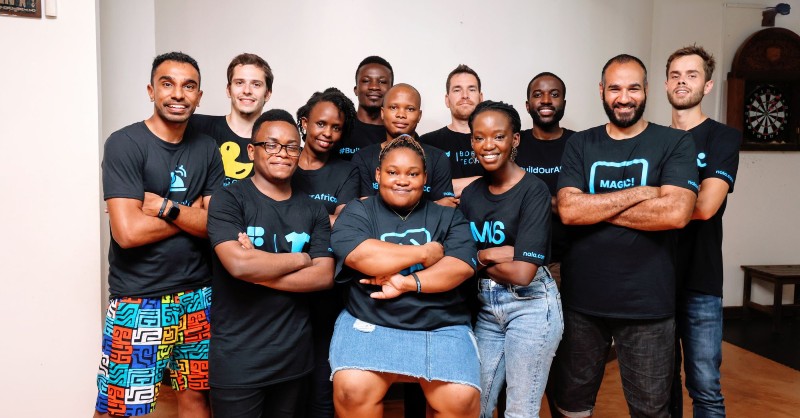Key Developments
Tanzanian Fintech Nala Builds Its Own Payment Platform to Boost Remittance Services in Africa

Nala, a Tanzanian financial technology company, has announced the development of its own payment platform, Rafiki, to enhance its remittance services across Africa.
Nala pivoted to remittance services in 2021, capitalizing on the growing demand for reliable and affordable money transfer options within Africa. However, relying on existing payment rails caused challenges with dependability.
“We started experiencing high failure rates from partners as we scaled,” said Nala founder Benjamin Fernandes.
“This drove the decision to build Rafiki, a platform that directly integrates with banks and mobile money providers.”
Rafiki aims to improve service reliability, minimize user fees, and facilitate expansion plans. The platform is currently in a limited release but has already secured contracts with major remittance and payment companies.
While Nala’s Rafiki powers its consumer remittance app, the platform also caters to global businesses. Businesses can leverage Rafiki to make direct payments into recipients’ mobile money wallets or bank accounts across Africa.
Nala’s recent leadership hires, including former Wise and Currency Cloud executives, signal the company’s commitment to scaling its operations.
This expansion coincides with a tenfold revenue increase in the past year for Nala’s consumer product, driven by a growing user base.
The company’s growth aligns with projections for sub-Saharan Africa’s remittance market, with the World Bank forecasting a 1.9% increase in remittance flows to the region in 2023, reaching $54 billion. This figure is likely higher when considering informal channels.
“We’ve focused on building a strong foundation for our business,” Fernandes explained. “The past year’s revenue growth and profitability position us well for significant scaling with Rafiki as our backbone.”
This shift towards a self-built payment infrastructure positions Nala to become a key player in Africa’s growing remittance and cross-border payment landscape.
Related Articles
Register Now
Empower Africa Times Newsletter
Share :
You may also like...

Egypt’s i’SUPPLY Secures pre-Series A Funding to Boost Digital Pharmacy Solutions
Egyptian healthtech company i’SUPPLY has secured an undisclosed amount of funding in a pre-Series A round to fuel its expansion plans and bolster its offerings for small and medium-sized pharmacies.

Chari Raises $12 Million Series A, Becomes Morocco’s First VC-Backed Fintech with Payment Licence
Moroccan fintech-commerce startup Chari has secured $12 million in a Series A funding round, with SPE Capital and Orange Ventures leading the investment.

BURN Secures $15 Million EIB Investment to Expand Clean Cooking Solutions in East Africa
Kenyan clean cooking appliance manufacturer BURN has announced a $15 million investment deal with the European Investment Bank (EIB) to support the distribution of its ECOA Electric Induction Cooker across East Africa.
